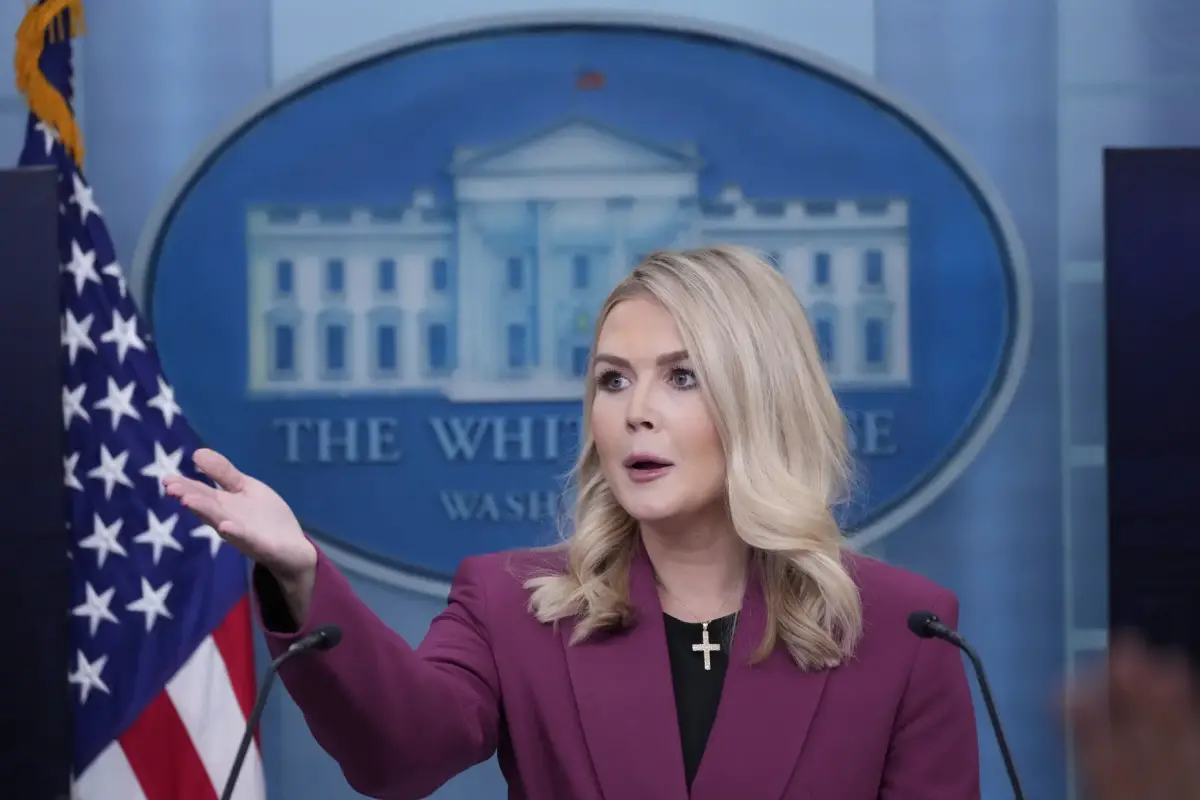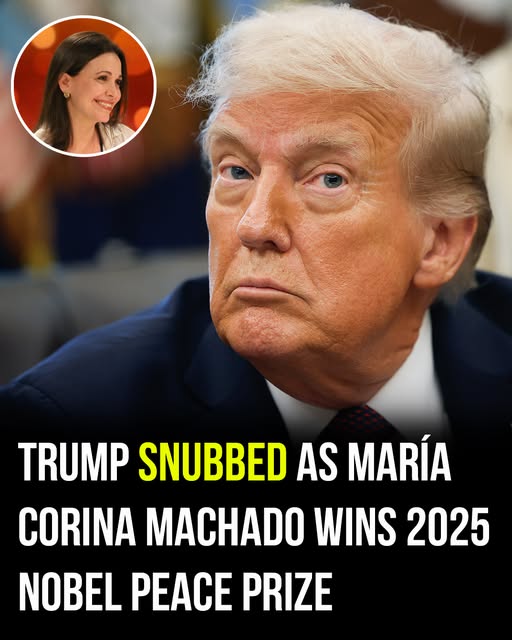Press Briefing Showdown:

In a fiery press briefing on Tuesday, White House Press Secretary Karoline Leavitt took aim at claims that President Donald Trump’s new tariff policies are, in effect, tax hikes on the American people. The confrontation with an AP reporter not only highlighted the administration’s strong stance on safeguarding U.S. industry but also served as a microcosm of the larger debate over trade, taxation, and economic policy. As the United States embarks on a new phase of trade confrontation—most recently escalating tariffs on Canadian imports—this episode sheds light on how the Trump administration seeks to reframe the narrative around protectionism, fiscal responsibility, and national prosperity.
This article provides a comprehensive examination of the incident, analyzing the heated exchange during the press briefing, the underlying rationale for Trump’s trade measures, and the broader political, fiscal, and economic implications of these policies. We also consider how this debate reflects on traditional views of tariffs versus tax hikes and what it could mean for the future of American trade policy.
II. The Press Briefing: A Clash of Narratives
A. The Moment of Confrontation
During Tuesday’s briefing, the atmosphere was charged with tension as an AP reporter raised a provocative question. The reporter suggested that President Trump’s tariffs—recently intensified in response to foreign trade practices—amounted to de facto tax increases on American consumers. This question struck at the heart of an ongoing debate: Are these tariffs merely protective measures or are they, in essence, hidden tax hikes?
Without missing a beat, Karoline Leavitt shot down the claim. “Not true,” she interjected sharply, emphasizing that tariffs are designed to protect American industries from unfair foreign competition rather than to levy a tax on U.S. citizens. “Tariffs are a tax hike on foreign countries that have been ripping us off. Tariffs are a tax cut for the American people,” she asserted, framing the discussion in a way that resonates with the Trump administration’s longstanding rhetoric on trade policy.
- Tariffs are import duties imposed on goods entering the United States, intended to level the playing field for domestic manufacturers by making foreign products more expensive.
- Tax Hikes, in contrast, are increases in taxes levied directly on consumers or businesses, which directly reduce disposable income or profit margins.
Leavitt’s defense is rooted in this distinction. According to her, while tariffs do raise the cost of imported goods, they ultimately benefit the American economy by protecting domestic jobs and industries. By redirecting revenue back into the economy—through increased domestic production and competitive pricing—tariffs function as an indirect form of tax relief for American consumers.
C. The Reporter’s Challenge and Leavitt’s Retort
The AP reporter, not willing to let the matter rest, pressed further: “I’m sorry, have you ever paid a tariff? Because I have.” The reporter’s challenge was designed to suggest that in reality, tariffs are a cost burden borne by U.S. businesses, and ultimately, by consumers. This pointed question was meant to undermine the administration’s claim that tariffs represent a tax cut for Americans.





